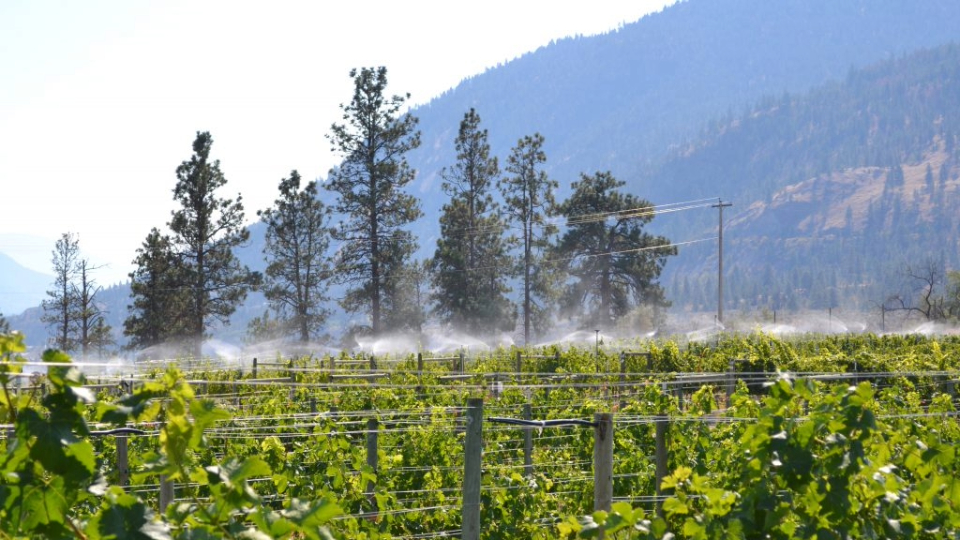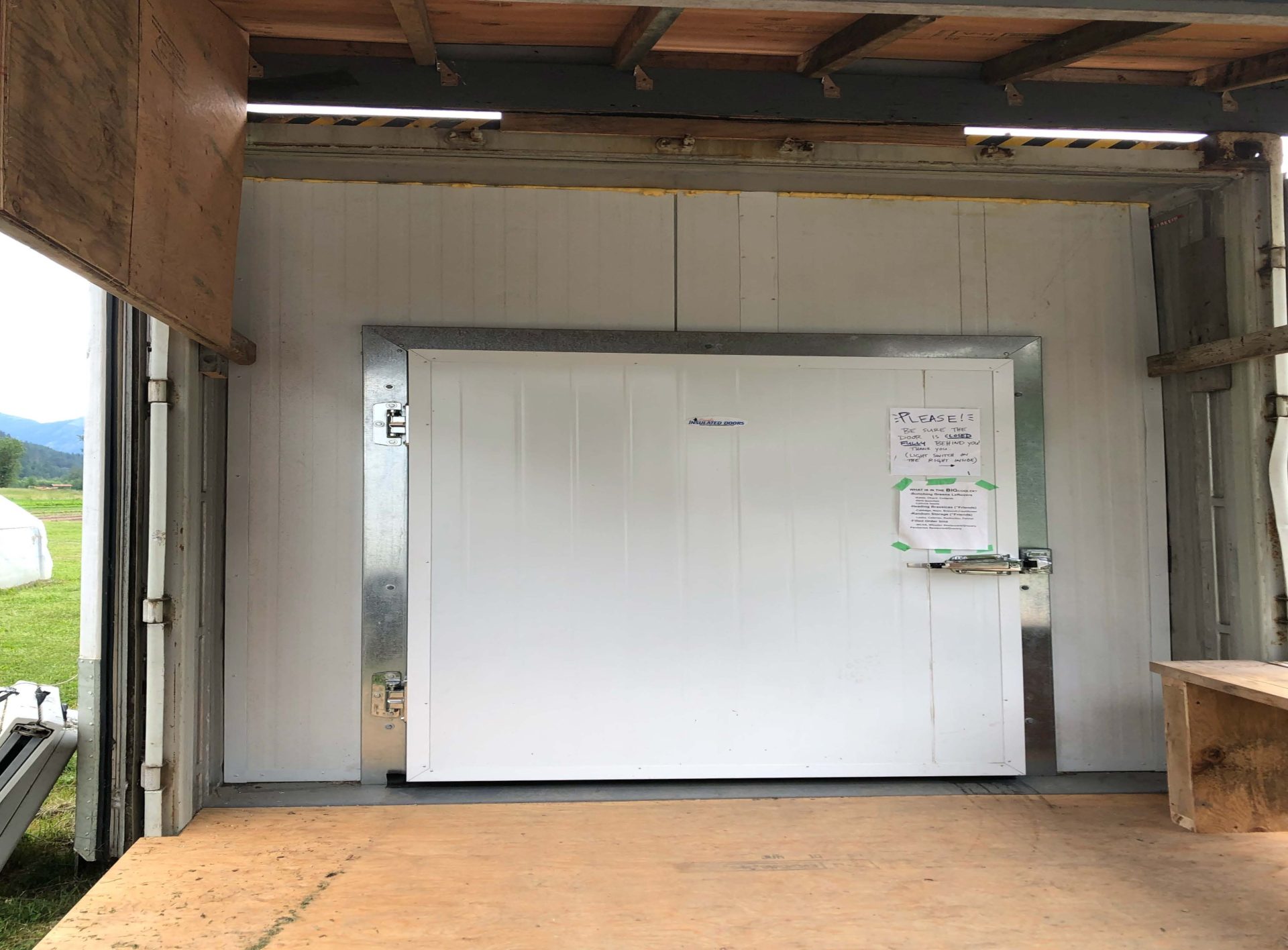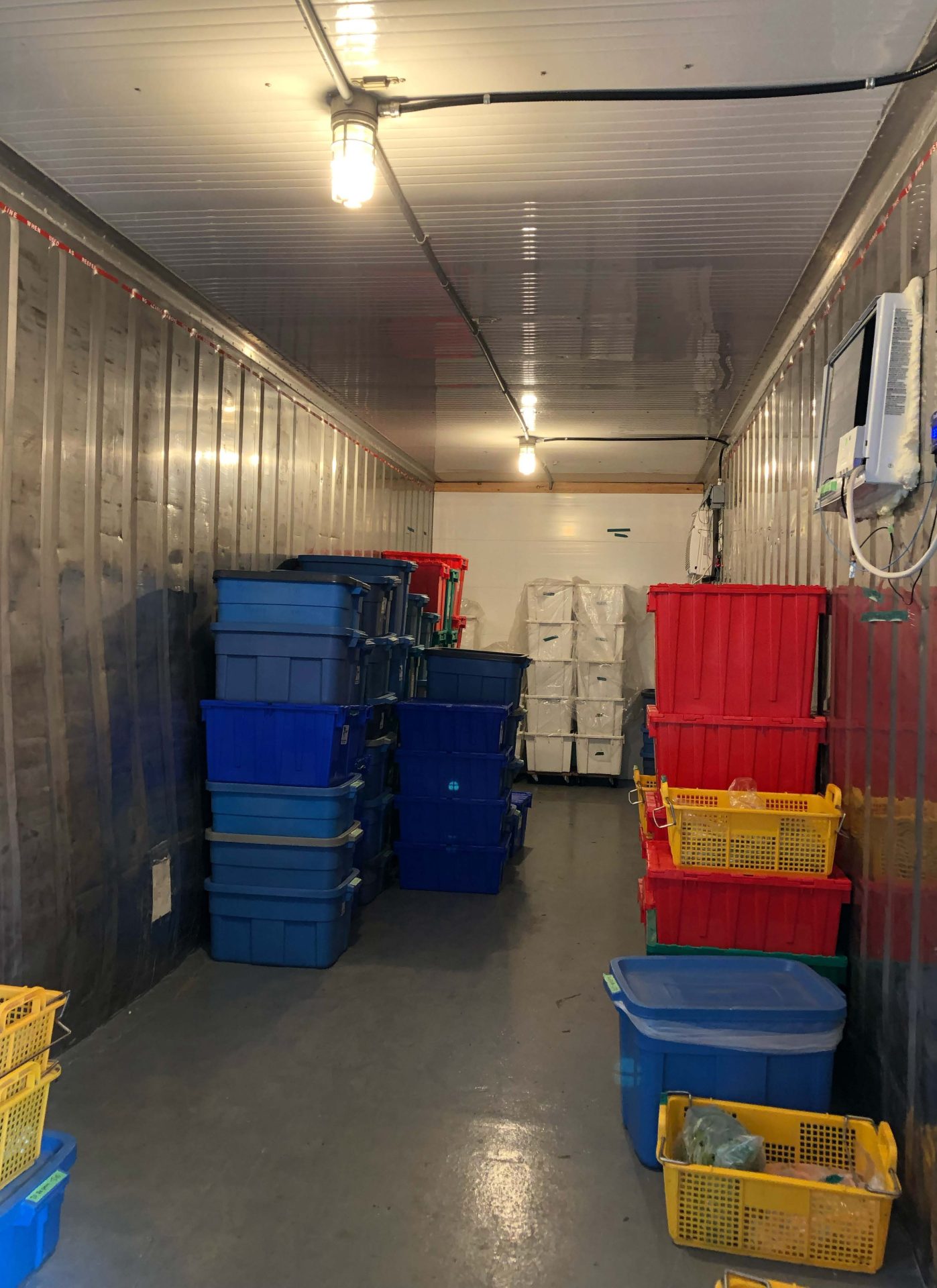
With damage to vineyards and tree fruits estimated at over four million annually, growers in the Okanagan-Similkameen have long sought a solution to the problem of starlings. While many different methods and devices exist to repel these and other agricultural pests, finding a consistently effective tool has remained an elusive goal.
According to Sadashi Domitsu, general manager of FCOM Services, the challenge lies in the natural learning capabilities of birds and other animals which ultimately allows them to become accustomed to each deterrent. “Birds and animals are sensitive to small sounds with significantly quicker response times to that of humans,” Sadashi explains. “Because currently used sound repelling methods are only felt by animals at a speed equivalent to slow-motion, they can easily adapt.”
A company in Japan, however, has found a way to level the playing field by throwing a few curveballs. “Fractal impulse is a new system that uses sound shockwaves specific to animals so that they can’t acclimate to the sound or return to the area,” says Sadashi.
Developed by KEYON Company, the fractal impulse method relies on a computer program that produces irregular, high-speed pulses directed towards pests, using a different high-speed pulse each time to maintain a constant state of surprise. After researching the results from Japanese farm installations, Sadashi undertook a project with funding through the Canada-BC Agri-Innovation Program to test if the new technology was similarly effective at repelling BC species.
Using Harper’s Trail Vineyard in Kamloops as a test site, they installed six devices just before bird season and cameras to monitor bird movement. By the end of the season, they were excited to discover that unlike in previous years, starling sightings were minimal and only one vine had been damaged. According to the vineyard owner, noise complaints from neighbours have also significantly reduced from previous seasons that relied solely on propane cannons.
While still in the early stages of testing, Sadashi is hopeful the technology will finally provide a reliable solution across multiple sectors. “We’re eager to provide the BC industry with a less invasive, alternative method to deter agricultural pests,” he says. “Ideally we’d like to also explore whether sound technology can help minimize cattle predation, which we know has been a growing problem for cattle ranchers in BC.”
Funding: $8,756 provided through the Canadian Agricultural Partnership under the Canada-BC Agri-Innovation Program. (INV035 AE SP)









